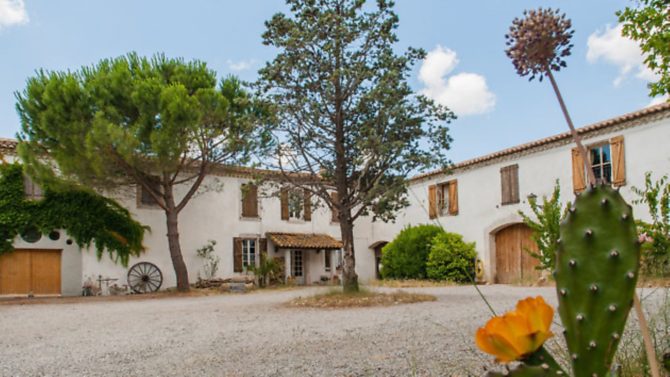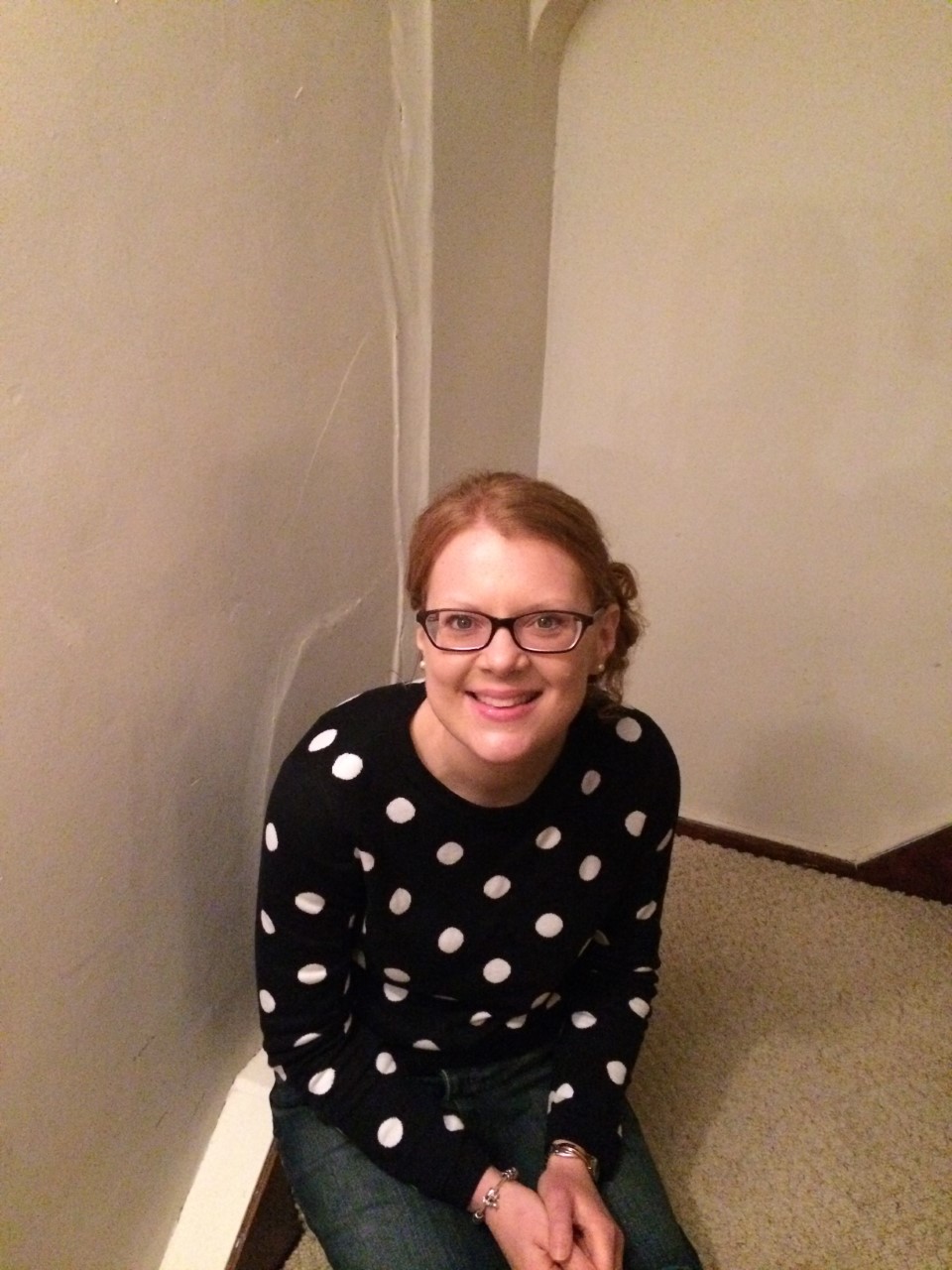Top tips for househunters in France


The gîte owners who have already moved to France share some helpful advice with Vicky Leigh

Hindsight is a wonderful thing. How often have you thought that? If I were a betting person, I’d be willing to bet a lot. We all know that you learn from your mistakes in life, but what if you could learn from someone else’s? Just imagine all the obstacles you could smoothly sidestep rather than hit head on.
Benefiting from others’ experiences can be invaluable, and particularly when you’re preparing to put a first foot on the French property ladder. The British love affair with France has been going strong for years, but househunting can still be daunting, no matter how much you want to make that move.
These gîte owners have been there, done that and got the t-shirt, and are happy to share their own experiences with househunters who come to stay with them.

“We always had househunters in mind”
For Honor Marks and her husband Simon Woods, offering accommodation for househunters was always part of the plan when they moved to Languedoc-Roussillon. And their own experiences of househunting only cemented the idea even more.
“When we created the gîtes we built them with people like us in mind – people who might want to come and rent while they look for somewhere to buy,” explains Honor. “If you spend all day househunting you want somewhere nice to come back to that feels like a home from home, and with plenty of space. That’s exactly why we designed our gîtes as they are.”
As well as providing accommodation, Honor is happy to answer guests’ questions on everything from the weather to the local taxes, and also offers her guests as much or as little advice as they need based on her own experiences. She can also put potential buyers in touch with estate agents, mortgage brokers and other related professionals, and is happy to visit properties on their behalf if she is asked to do so.
“It can be a bit of handholding or a lot of handholding, it’s really up to them,” says Honor. “I’ve lived it and I’ve learned the pitfalls to look out for, so I thought other people could learn from my mistakes, and benefit from things I’ve picked up over the past seven years.”
HONOR’S TOP TIPS
Running gîtes – it’s not rocket science but it is hard work. Make sure yours are well located, comfortable and spotless with a bit of luxury, and if you offer plenty of information and are a welcoming host then you’ve got a good basis. However standing out from the crowd is where it becomes hard work.
Moving – do you really need all that stuff? I still haven’t unpacked boxes from my tiny house in London from seven years ago. Save money on removals and storage by decluttering before you move.
Kathy Conner and her husband Paul bought a property in Gémozac in Charente-Maritime. The house had a large loft space, which provided the project opportunity for Paul, and also came with a large gîte, so offered a rental income. After five years of running the gîte, Kathy and Paul decided the time had come to downsize.
They kept the small gîte, which Paul had created with the help of local builders and which adjoined their house, and thought it would make an ideal base for househunters. It also occurred to them that others could learn from their experiences.
“We felt that if people could stay and talk to us over a coffee or glass of wine, we’d be able to give them a very realistic view,” explains Kathy. “It can all be very rosy when you’re looking for a property and it’s easy to miss the practicalities, such as making sure the electricity is connected or paying taxe d’habitation.”
Kathy and Paul offer their guests as much or as little help as they want. Kathy has been to meet estate agents and take photos of properties on behalf of people who have been to stay with them, and has acted as a translator for those who don’t speak French.
KATHY’S TOP TIPS
Househunt out of season – come when it’s pouring with rain and you can’t see across the fields, because if you like it then you’ll definitely like it in the sunshine. Someone said to me when we first came here that if you can survive two winters then you’ll be happy to live here.
Learn the language – I can’t stress how important this is because it opens so many doors. If you can’t speak French then make sure you have someone to translate for you, especially when it comes to important documents.
6 things you need to know when running holiday accommodation in France:
Gîte: a holiday home that is available for rent, generally within proximity of the owner’s main residence. It is usually fully furnished and equipped for self-catering. A number of classes of gîte are defined and graded by the Gîtes de France organisation, which was founded in 1955 and rates accommodation using a scale of one to five épis (ears of corn).
Chambres d’hôtes: a room in a private home with breakfast provided. To be classed as a chambres d’hôtes, accommodation must not exceed five bedrooms and cater for no more than 15 guests. Prices must be clearly indicated externally and at the reception point, and hygiene and safety regulations must be respected. Guests must have access to a toilet and bathroom, and take meals at the family table.
It is now obligatory for all chambres d’hôtes and gîtes to be registered with the local mairie, so make sure you do this.
Currently, if the B&B or gîte generates annual revenues greater than €23,000 and accounts for more than 50% of your total household income, you will need to register under Location Meublée Professionnelle at your local chamber of commerce. If revenues generated are less than €23,000 or represent less than 50% of your total income, then you are considered as Location Meublée Non-Professionnelle and you are not required to register as a business.
When you buy a property, make sure that it will be suitable for a gîte or chambres d’hôtes – important to bear in mind if you get distracted by how attractive or affordable it is!
Try to make your accommodation stand out from the crowd. Use social media for marketing and contact your local tourist office so that they know about you.
Looking for a property in France? Click here for more than 18,500 French properties for sale
Click here for taxation advice when running a holiday let in France
Need help to decide on a location for your holiday let? Click here for expert advice
Share to: Facebook Twitter LinkedIn Email


